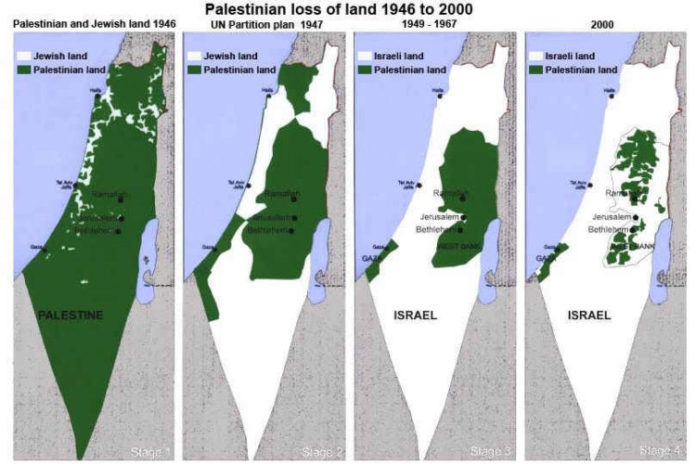
Currently, some 430,000 Israeli settlers currently live in the West Bank and a further 200,000 Israelis live in East Jerusalem, which the Palestinians see as the capital of their future state.
But despite the condemnations, Israel, backed by the United States, has blatantly rejected all calls to halt those settlements for the Palestinian people.
On December 23, New Zealand, Malaysia, Venezuela and Senegal put the issue to a vote at the Security Council, urging other members of the council to vote, demanding Israel to halt its illegal settlements on the territories of Palestine. Egypt was initially part of the nations pushing for Israel to stop the settlements, but it is said the country came under pressure from Israel and the United States president-elect, Donald Trump, not to take part in the voting. Trump had called on the United States to veto the resolution, but the Obama administration declined.
The United States, a permanent member of the Security Council also abstained from the voting, allowing other members of the Security Council to pass the resolution. Per the United Nations rules, any of the permanent members—United States, Russia, China, France and the United Kingdom could have vetoed the resolution.
The United States’ refusal to veto the resolution has sparked outrage among extremist Zionists in both the United States and Israel. These extremists have consistently said there is no way there could be a Palestinian state living side-by-side with Israel. These people advocate for extreme force against the Palestinians.
But the resounding vote has been welcomed by many Palestinians, who say the International Community is now waking up to the reality of Israel’s aggression towards their territories.
The Chief Palestinian negotiator, Saeb Erekat told Reuters news agency after the vote, “This is a day of victory for international law, a victory for civilized language and negotiation and a total rejection of extremist forces in Israel. The international community has told the people of Israel that the way to security and peace is not going to be done through occupation … but rather through peace, ending the occupation and establishing a Palestinian state to live side by side with the state of Israel on the 1967 line.”
The United Nations Security Council is composed of 15 Members—five permanent members and 10 non-permanent members who are elected for two-year terms by the General Assembly. The resolution was adopted by 14 members, except the United States. The announcement of the resolution was received by big applause from the 14 members. Aljazeera reports that this is the first resolution the Security Council has adopted on Israel and the Palestinians in nearly eight years.
The resolution stated clearly that Israel’s settlements on Palestinian territory occupied since 1967, including East Jerusalem, have no legal validity. It demanded a halt to all Israeli settlement activities. The United Nations believes the halt to the settlements would strengthen the talks for a two-state solution between Israel and Palestine.
In Israel, extremist Zionists and political leaders voiced their displeasure for the resolution. Even the Prime Minister, Benjamin Netanyahu, who should have urged for peace, angrily insulted the integrity of the United Nations Security Council. He issued a press statement after the resolution was adopted saying, “Israel rejects this shameful anti-Israel resolution at the UN and will not abide by its terms.”
The Israeli Ambassador to the United Nations, Danny Danon also said his government had expected a United States veto of “this disgraceful resolution.” He called on the incoming Trump administration and the new United Nations Secretary General, António Guterres, to take a new stand on Israel’s relationship and the United Nations.
Around the world, Israeli settlements are seen as a major stumbling block against peace efforts. The settlements are built on lands the Palestinians see as part of their future state. The United Nations maintains that these settlements are illegal.
Over the past few months, the United Nations has reported that there has been a surge in construction of Israeli buildings on some of these lands belonging to the Palestinians.
According to international political commentators, the passage of the resolution changes nothing on the ground between Israel and the Palestinians. However, the resolution formally enshrined the international community’s disapproval of Israeli settlement building, and could spur further Palestinian moves against Israel in international forums, commentators say.
This article (UN Security Council Overwhelmingly Rules Israel End Illegal Settlements on Palestinian Lands) is a free and open source. You have permission to republish this article under a Creative Commons license with attribution to the author and AnonHQ.com.
Supporting Anonymous’ Independent & Investigative News is important to us. Please, follow us on Twitter: Follow @AnonymousNewsHQ


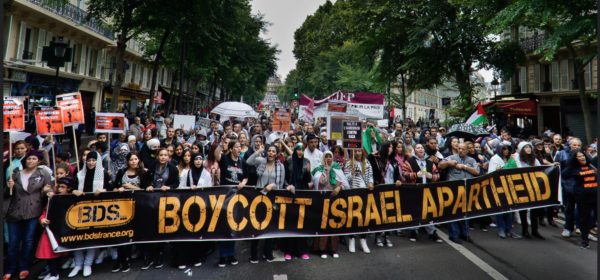
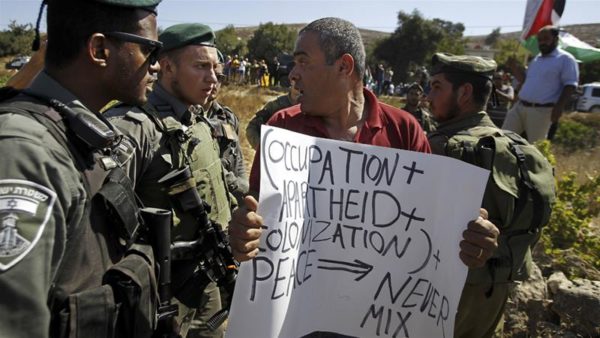
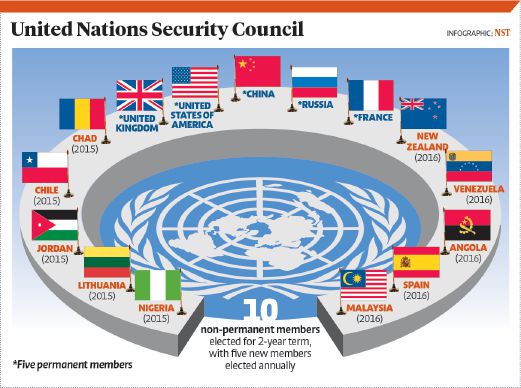
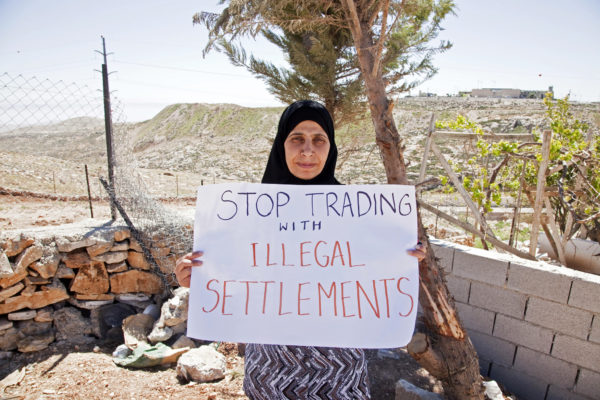



there is nothing as a new, there is nothing as a world, there is nothing as a order
Mr Goldberg argued that the problem with this map is that it represents the territory in 1946 under the name “Palestine”, implying that there had been a Palestinian state which was then taken over by Israel. But that’s not quite the point. The point is that the map fails to distinguish between land that is owned by Jews or Palestinians, and land that is controlled by Jewish or Palestinian political entities.
Take the vast triangular tract of land at the south of the map. That’s the Negev desert. Apart from a few small oases, kibbutzes and towns, it’s empty wasteland; it isn’t owned by anyone. It represents almost half of the territory of Israel/Palestine. In 1946, the map represents it as “Palestinian land”. That’s silly. In 1949, it has somehow become “Jewish land”. That’s almost as silly, though Jewish irrigation projects did gradually, over a period of decades, turn an increasing (if still-small) portion of the desert into arable agricultural land claimed by Jewish owners. But the impression the map gives is that in 1947-8, Jews seized that land from Palestinian owners, which is absurd. What happened was that a piece of empty desert which had been under the control of the British Mandate (who got it after the Ottoman Empire fell apart) was awarded to the Jewish state. This is a question of political control, not land ownership.
Without any possibility to enforce such a decision on Israel it will remain just words in the wind.
What power does the UN actually have to stop these settlement constructions if Israel chooses to continue building them?
Why doesnt any of the surrounding Arab countries give the Palestinians some of their land like they promised a long time ago. Israel is so small already I think if that part of the world really wanted peace the surrounding Arab nations would happily let the Palestinians settle in their lands. Then again peace is not the true objective, is it?